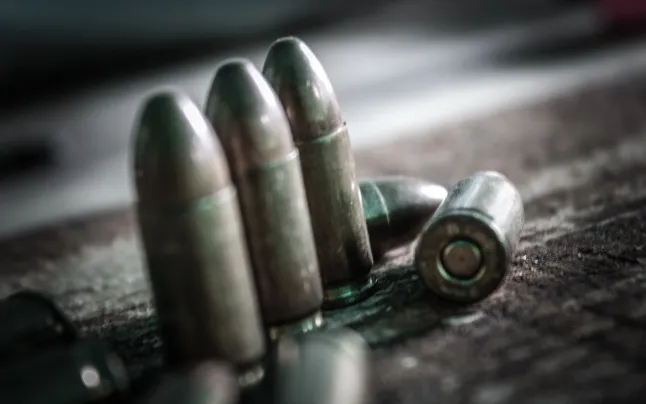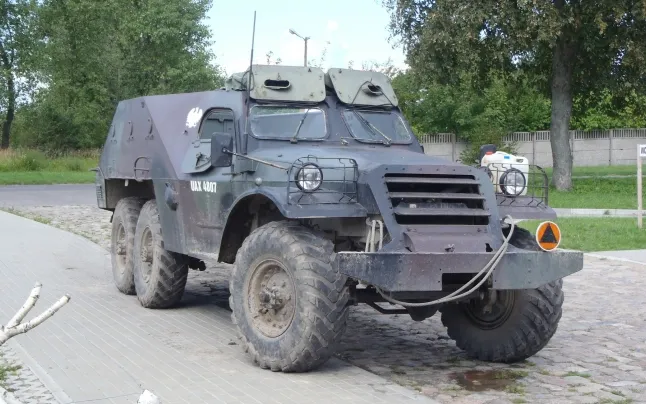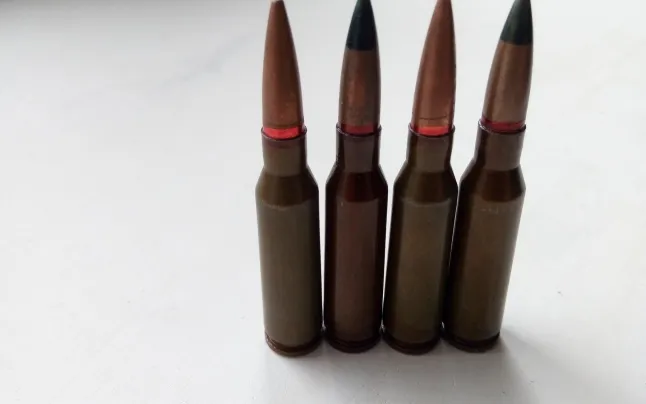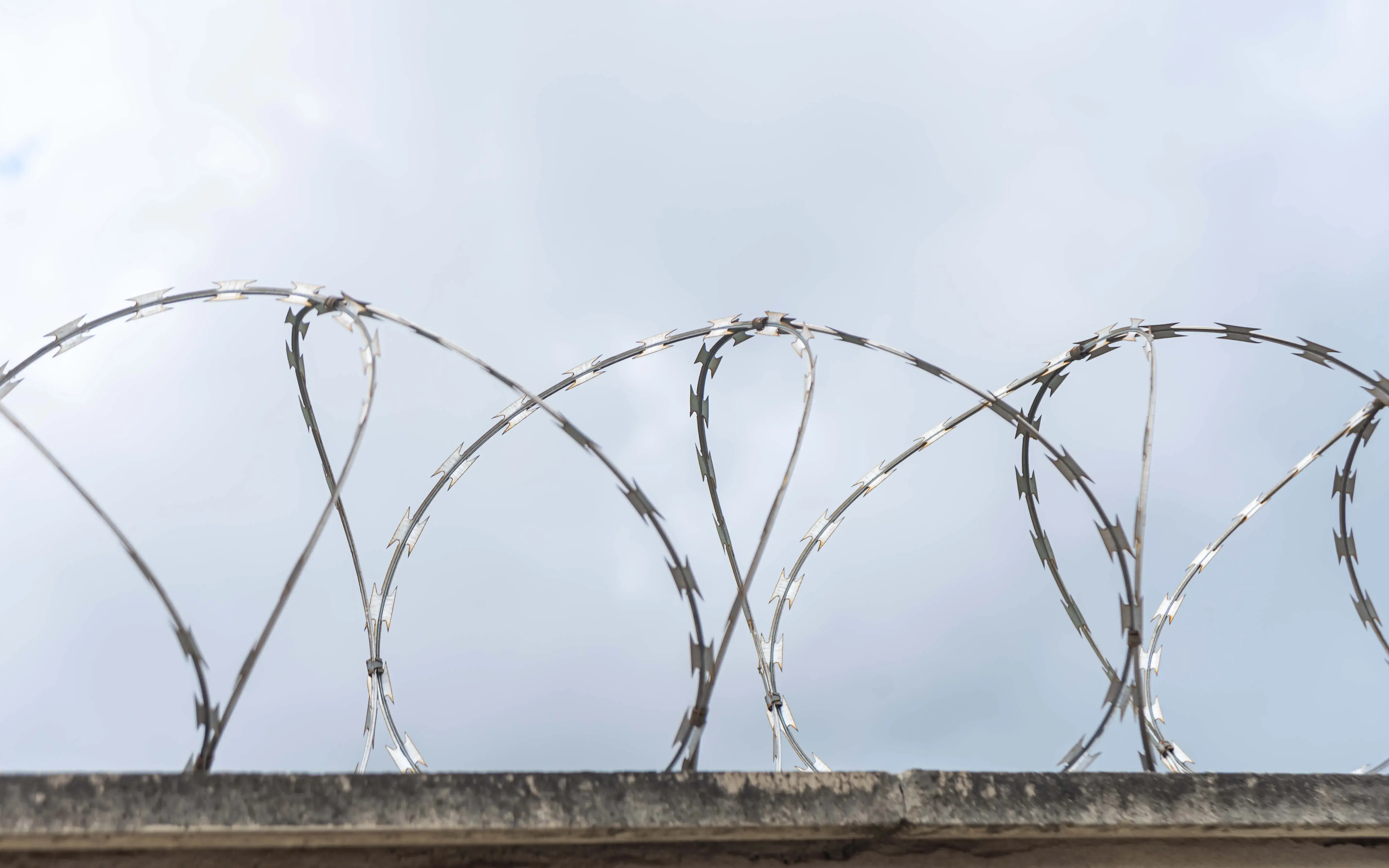The Stockholm International Peace Research Institute (SIPRI) publish a report that indicates that the revenues of the top 100 companies in the arms industry grew by 1.3% in 2020, a year marked by the global recession caused by covid-19.
The arms sales business withstood the pandemic and will continue to fatten its profits in 2020. Amid the global recession caused by covid-19, the income of the top 100 companies in the sector increased a 1.3% over the previous year, according to a report by the Stockholm International Peace Research Institute (SIPRI).
In a year in which the world economy contracted by 3.1%, the total sales of arms and military services of the top-100 companies climbed to 531 billion dollars, adding up to six consecutive years of increases and making it clear that not even a pandemic stops the arms industry.
"Growing arms sales is always worrying, but if we put it in a year of pandemic and economic downturn, it is a very significant fact," said Jordi Armadans, director of Fundipau, which aims to consolidate a trend. "We are in a wave of militarization, more military spending and more turnover for industry", he added. A fact supported by the data: since 2015, the leading companies in the sector have seen their sales grow by 17%.
U.S. companies dominate the arms sales business
The United States is once again at the forefront of the arms sales business. 41 out of the top 100 companies on the list are in the United States and have a sales volume of about $285 billion, 54% of the total. The SIPRI report highlights that the country’s arms industry is immersed in a process of mergers and acquisitions, in sectors such as space, to expand its product portfolio and strengthen its competitive leadership.
Far behind, in second place is China, with five companies in the top-100 and sales that accounted for 13% of the total; while the United Kingdom ranks third on the list of countries with the most powerful arms companies. Europe has a presence in the ranking with 26 companies, one of them Spanish, with sales totaling $ 109 billion. One of the highlights of the report is the decline in sales of Russian companies for the third year in a row.
An industry that doesn't stop a pandemic
With these data on the table, Armadans now recalls the words of UN Secretary-General António Guterres, who at the beginning of the pandemic urged countries in armed conflict to declare a ceasefire and thus concentrate efforts to stop the pandemic. "It simply came to our notice then. This shows that many governments consider the issue of military spending and weapons to be essential, even in a context where efforts have had to be made elsewhere to save lives", he said.
Thus, despite Guterres' call, most armed conflicts in the world continued in 2020, with a few exceptions, and war scenarios persisted. This, in turn, allowed the industry to keep up with the dust and dodge the ravages of the pandemic, demonstrating iron health.
Signs of a militaristic worldview
All this is a reflection of the predominant militaristic culture, which has also permeated the strategy of public communication in the context of the fight against the pandemic. For Armadans, the warlike rhetoric used by rulers of much of the world to talk about the health crisis, also in the case of Spanish President Pedro Sanchez, is further proof of this militaristic worldview: "It is significant because, in at a time like this when we are facing a pandemic, we should rather talk about caring for and defending human life", he says.
In the list of the 100 most important companies in the armaments industry, there is only one Spanish company, Navaltia, a company in the naval sector, in 84th place with sales of about 1.1 million dollars. This does not mean that the weight of Spain in the industry is less, in fact it is the seventh largest exporter of weapons in the world. "It is a remarkable fact considering that Spain is not the seventh largest economy in the world", says Armadans, who points to a "quite diversified military industry, with the ability to place products on the market in various fields".









Add new comment